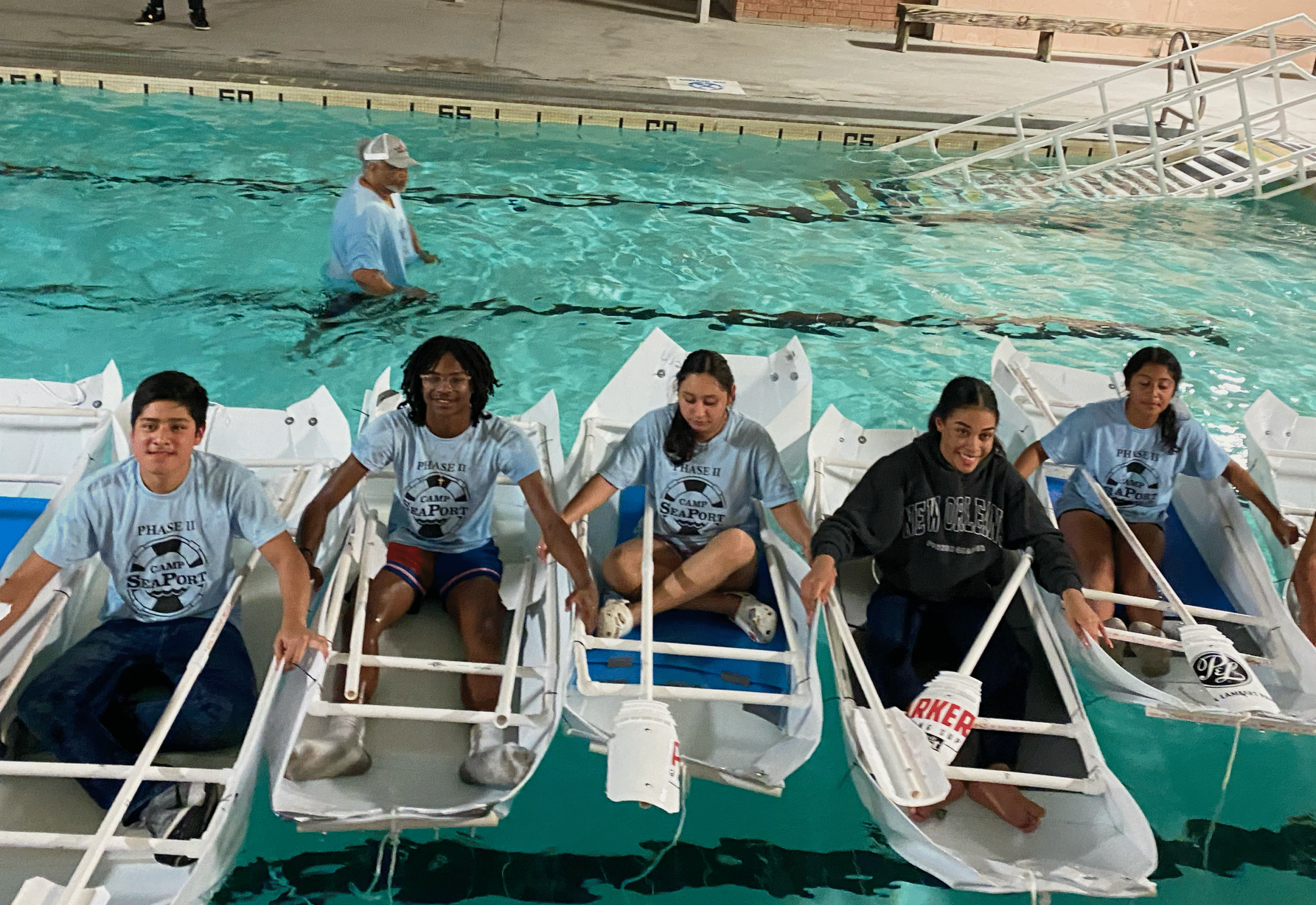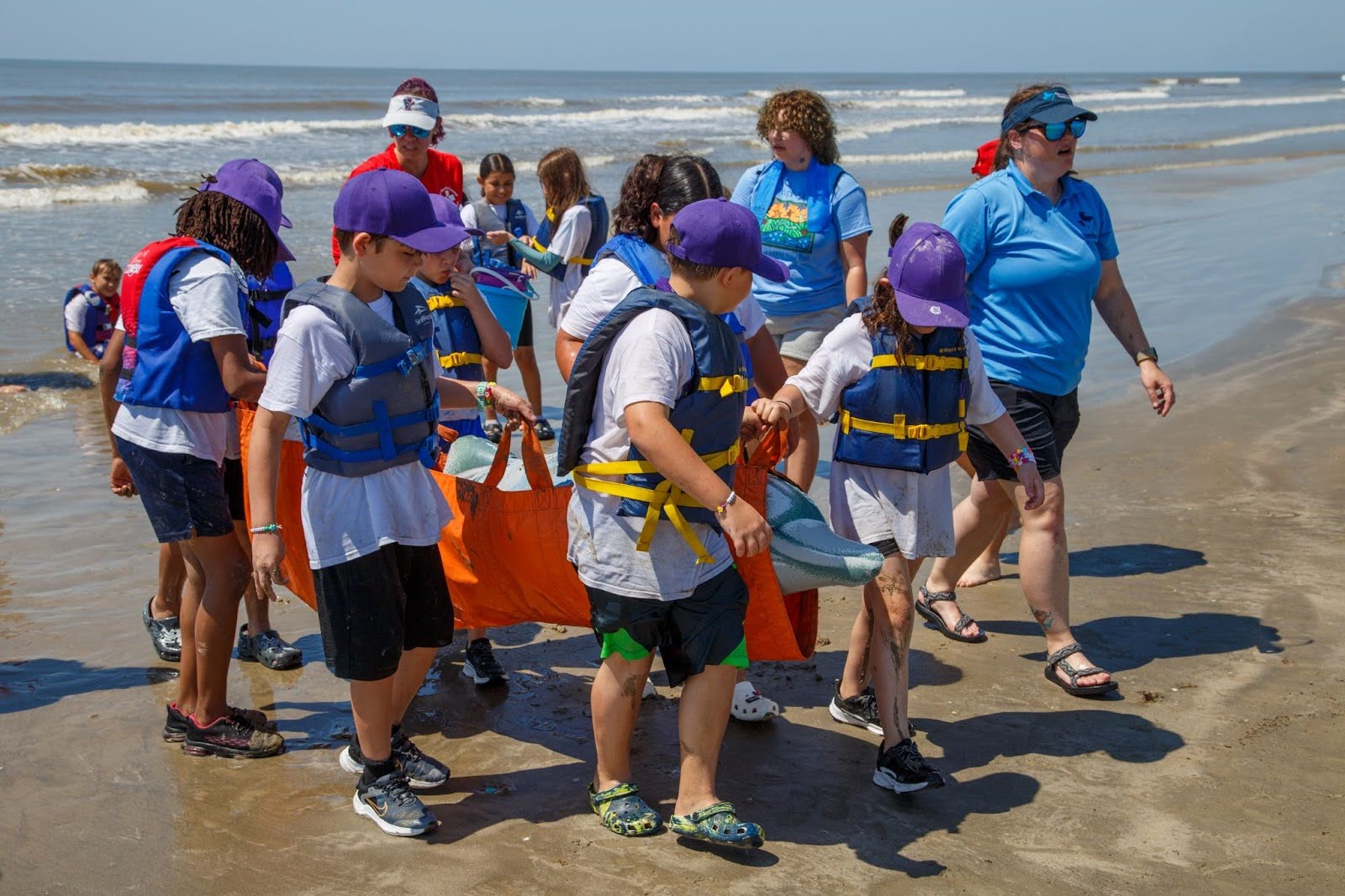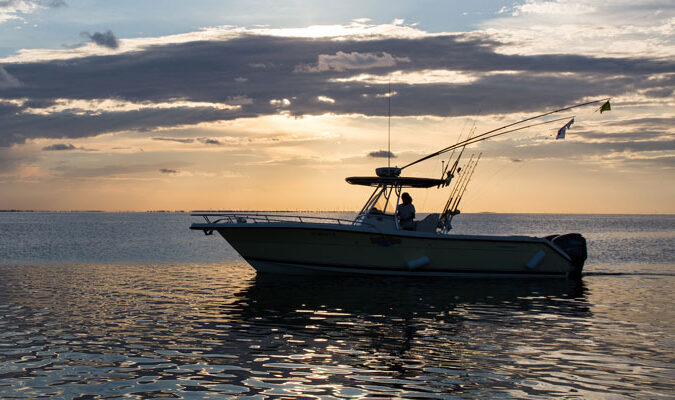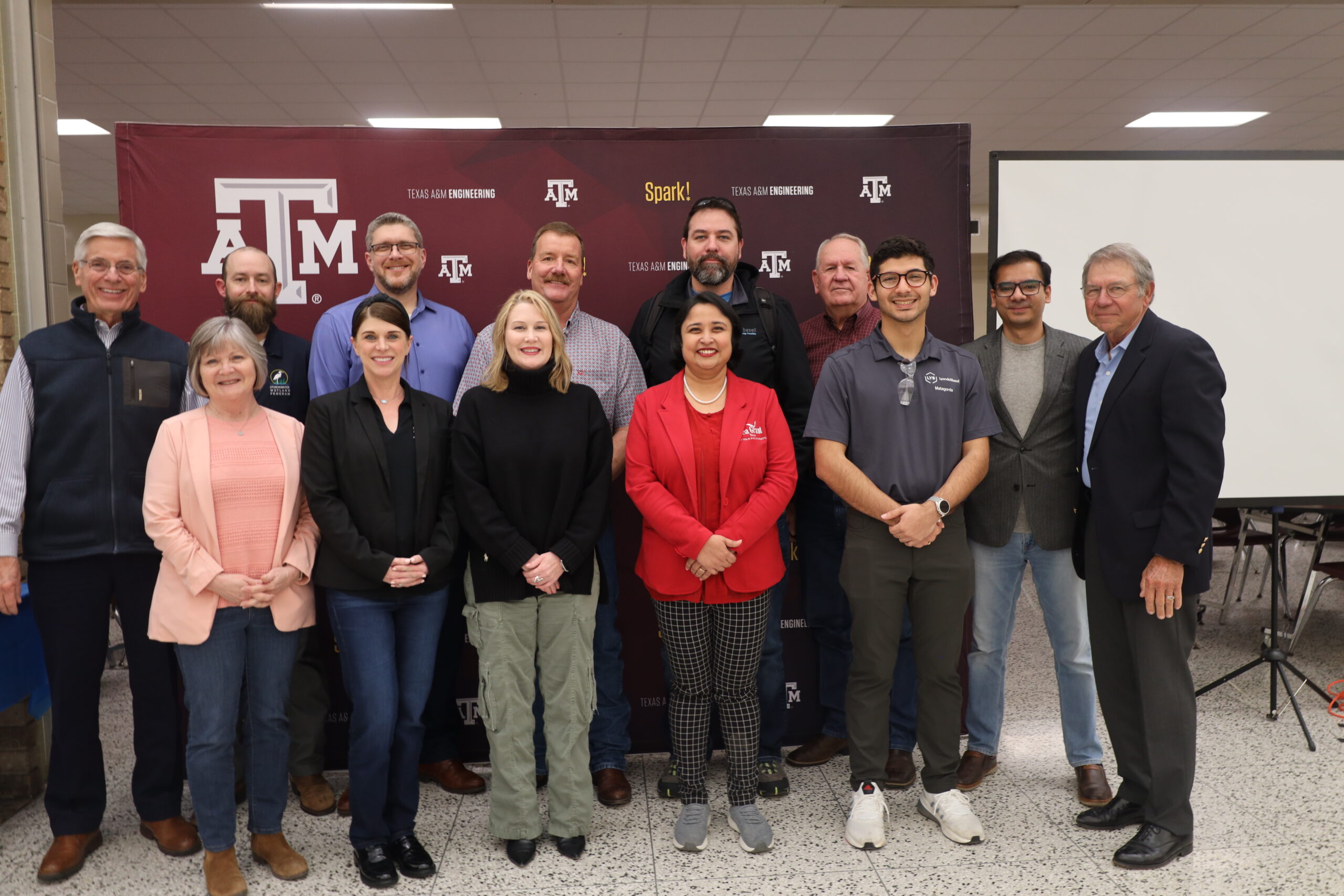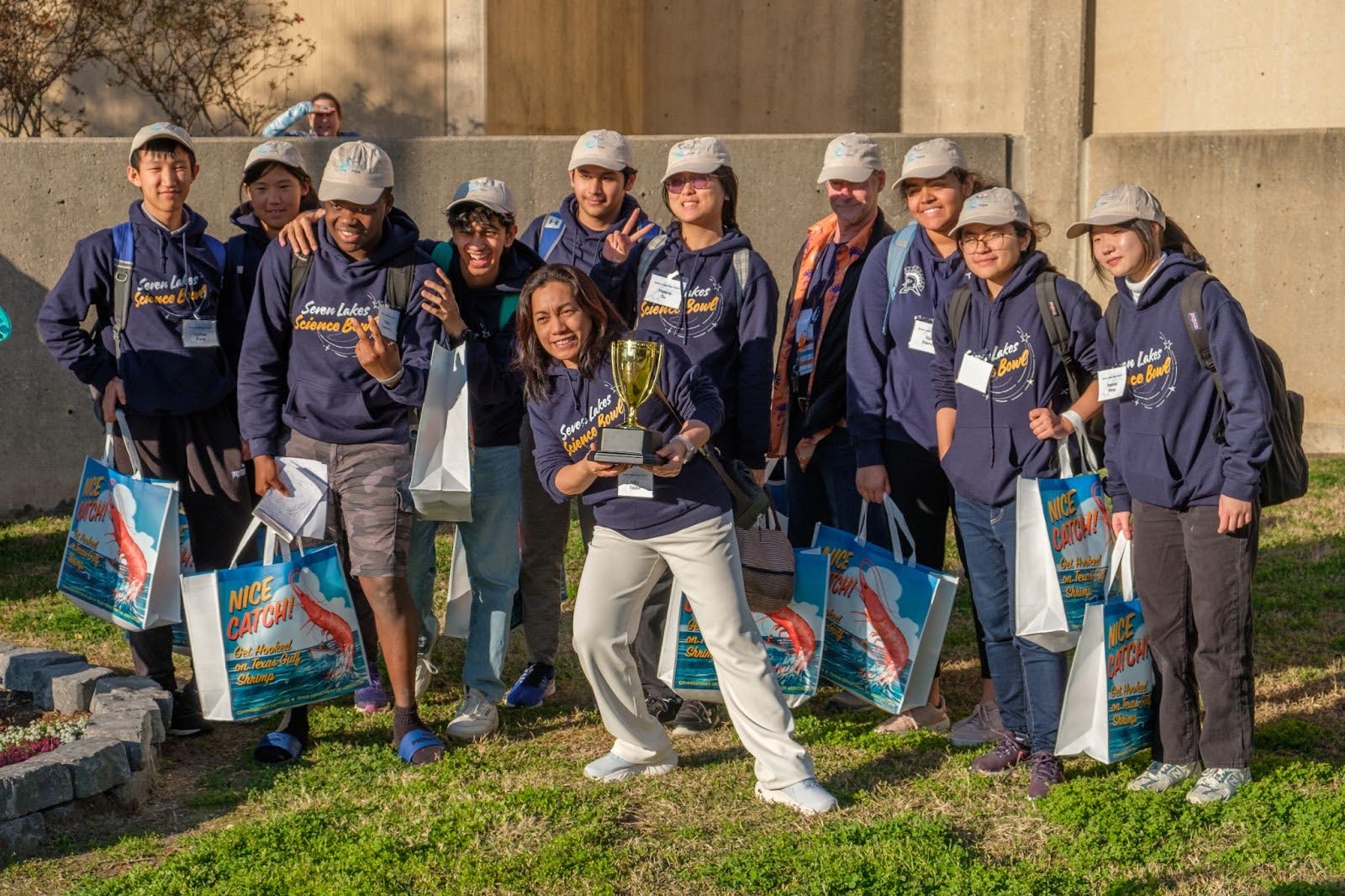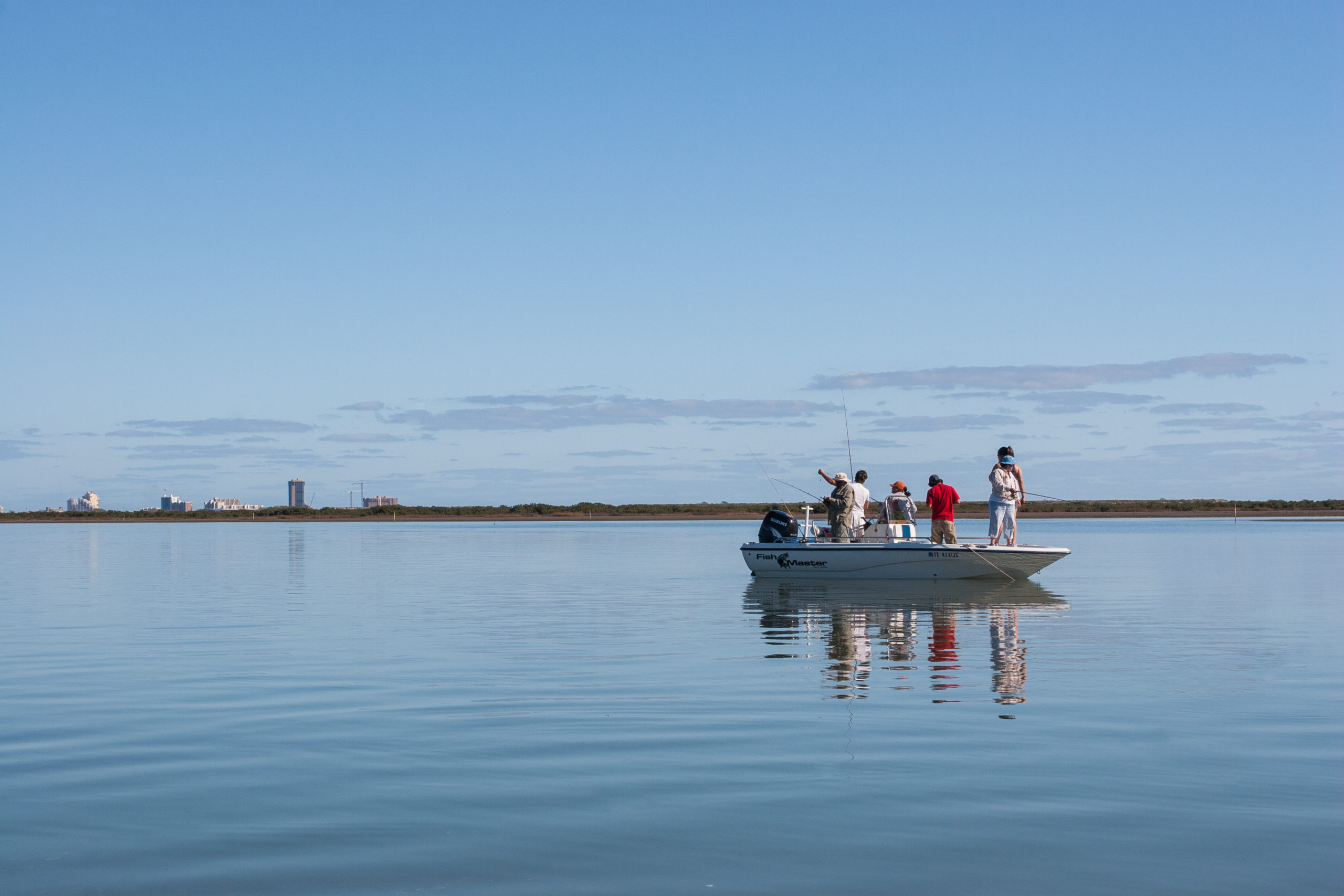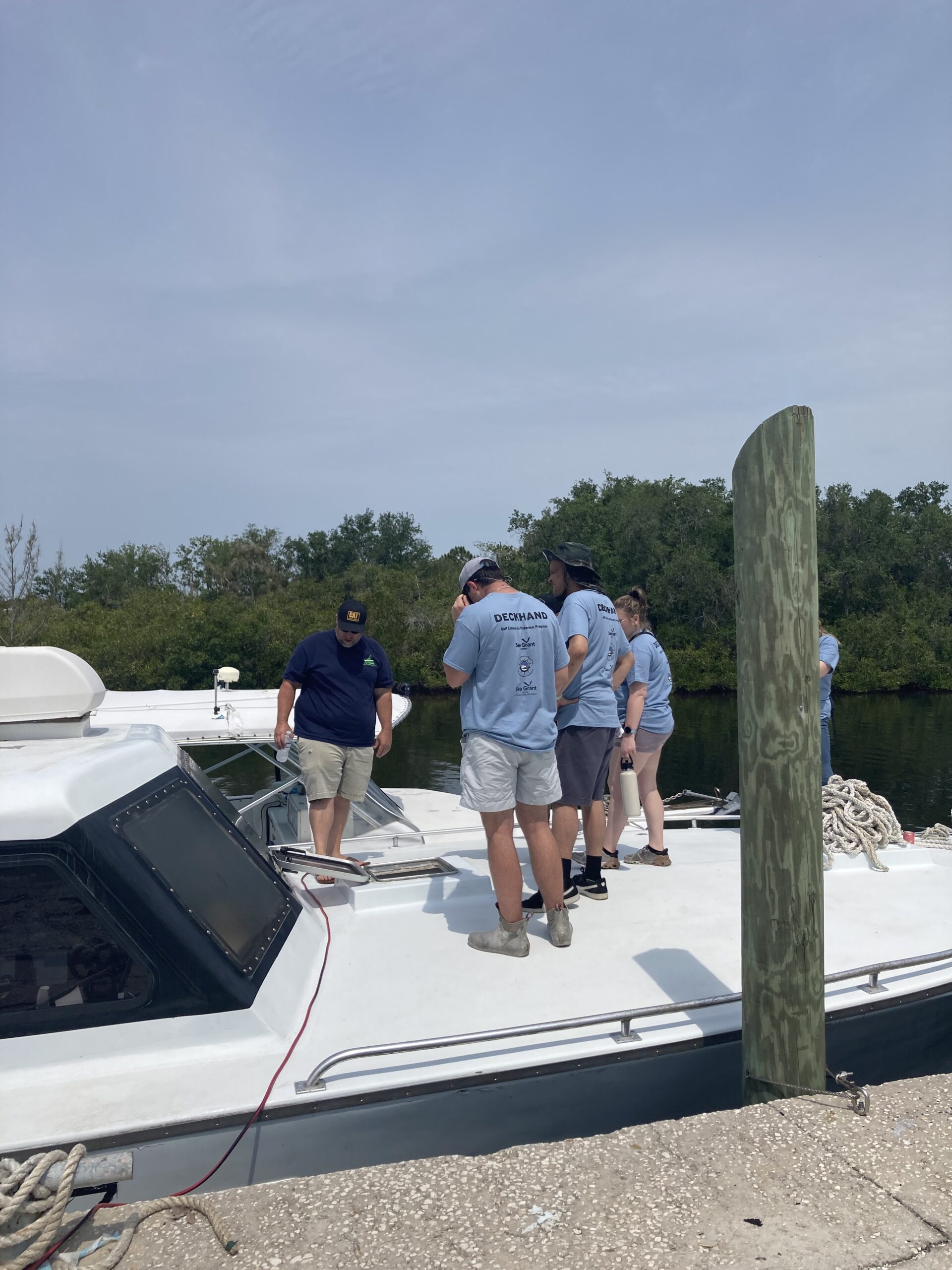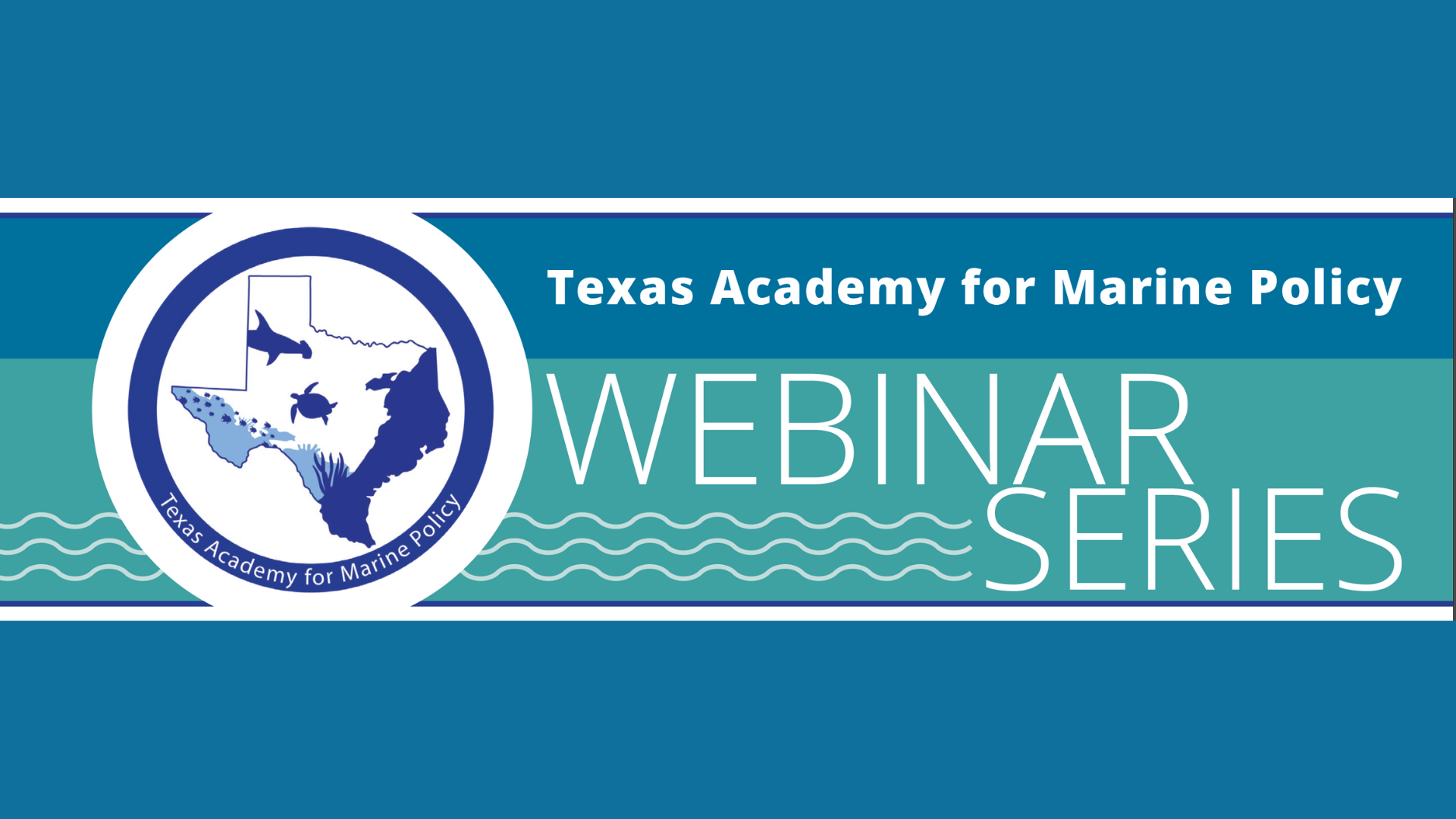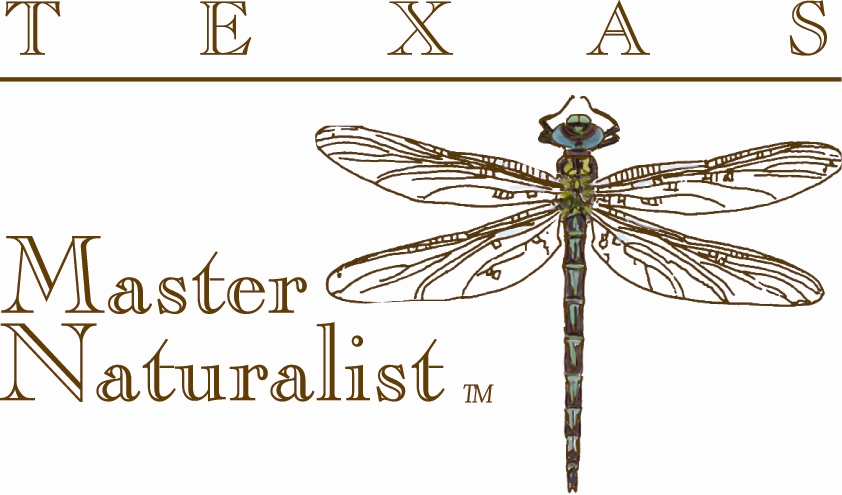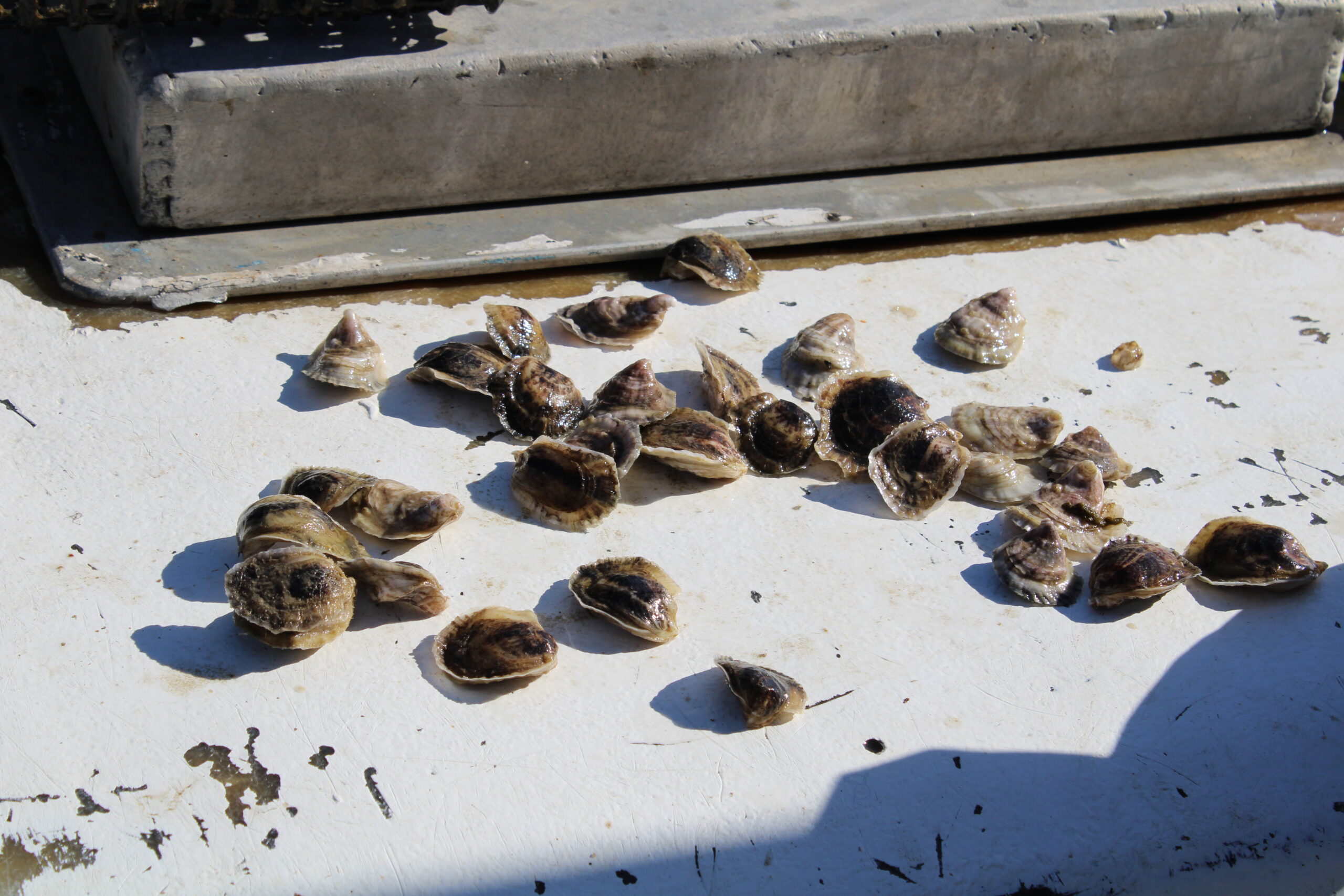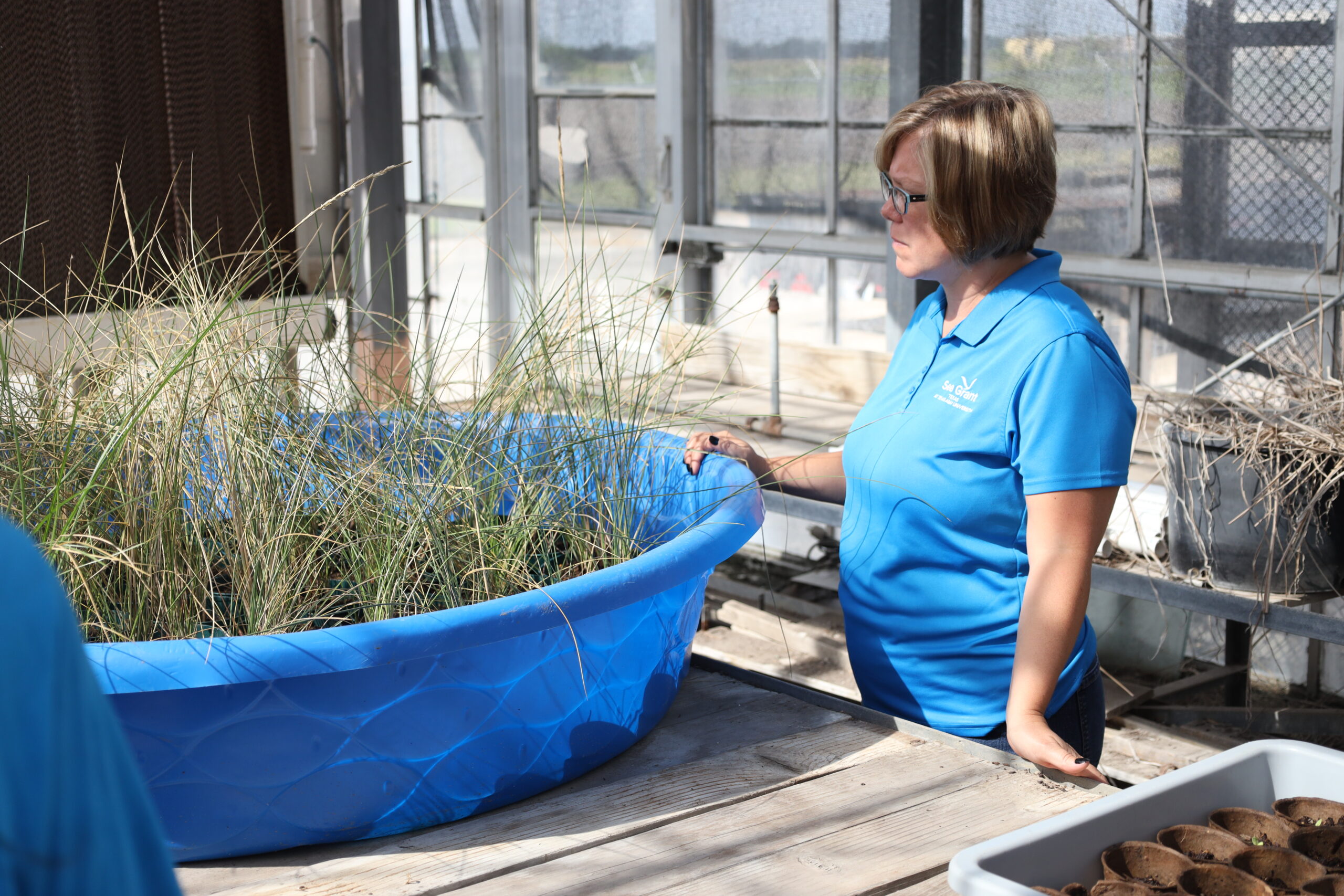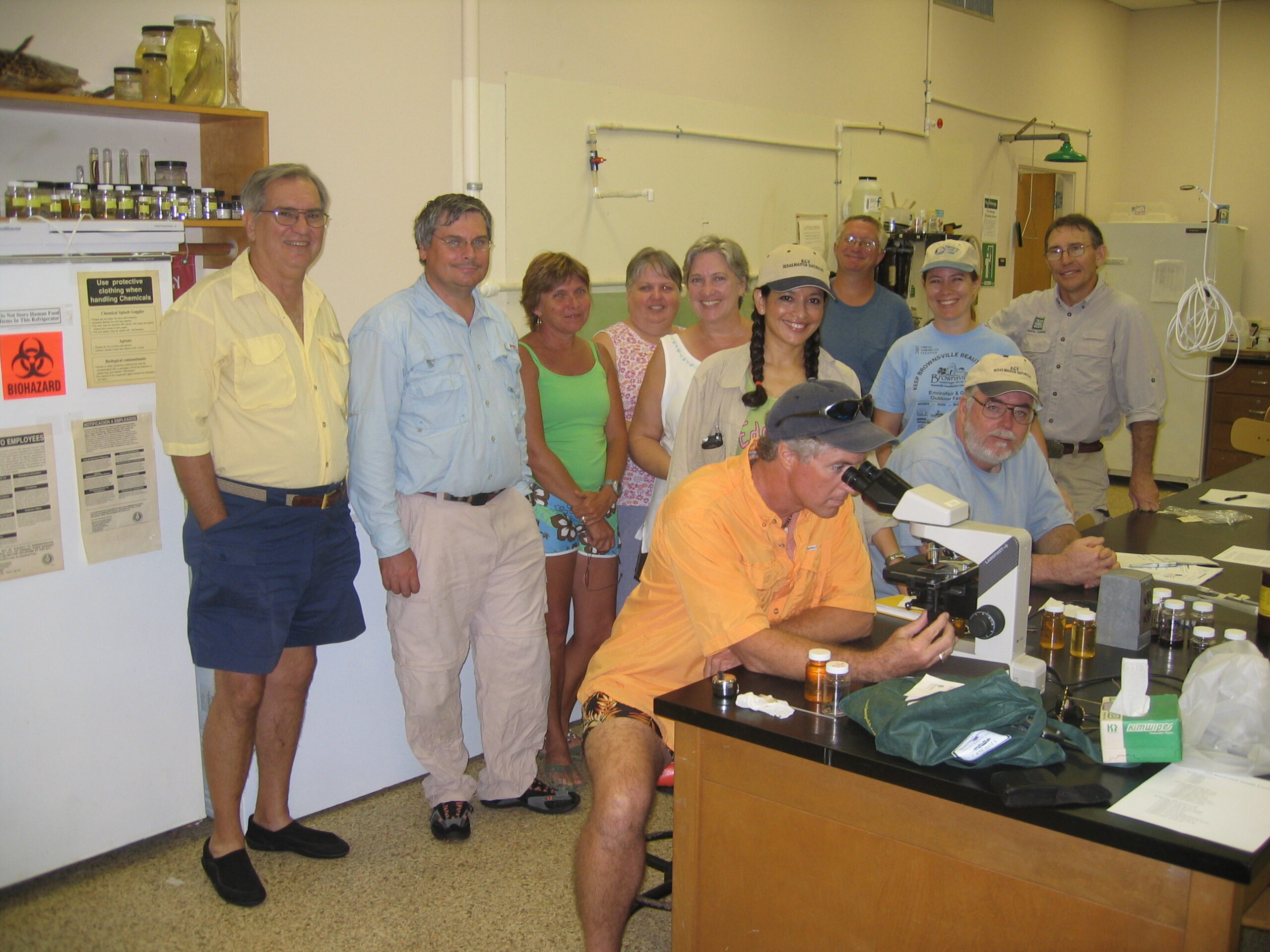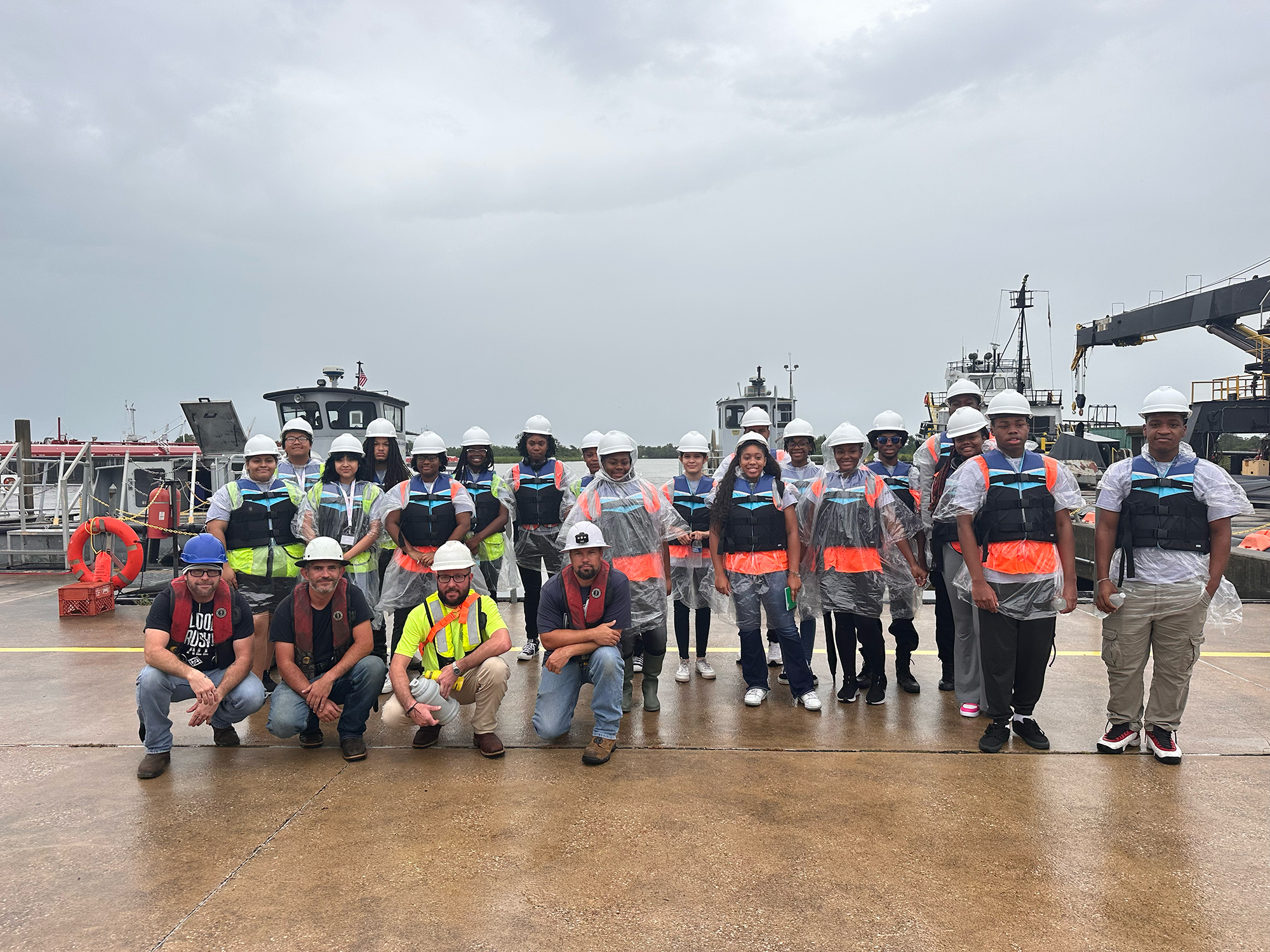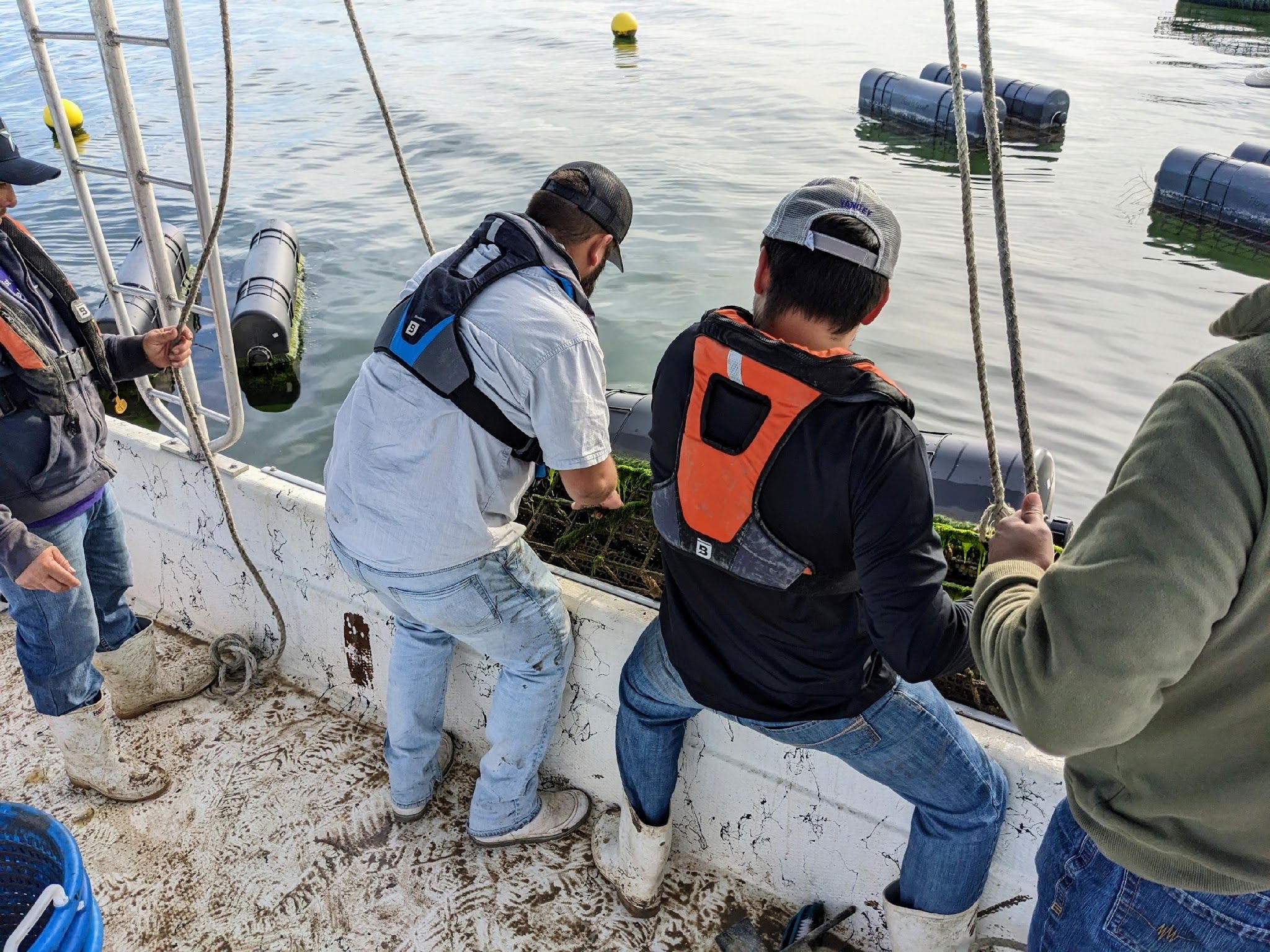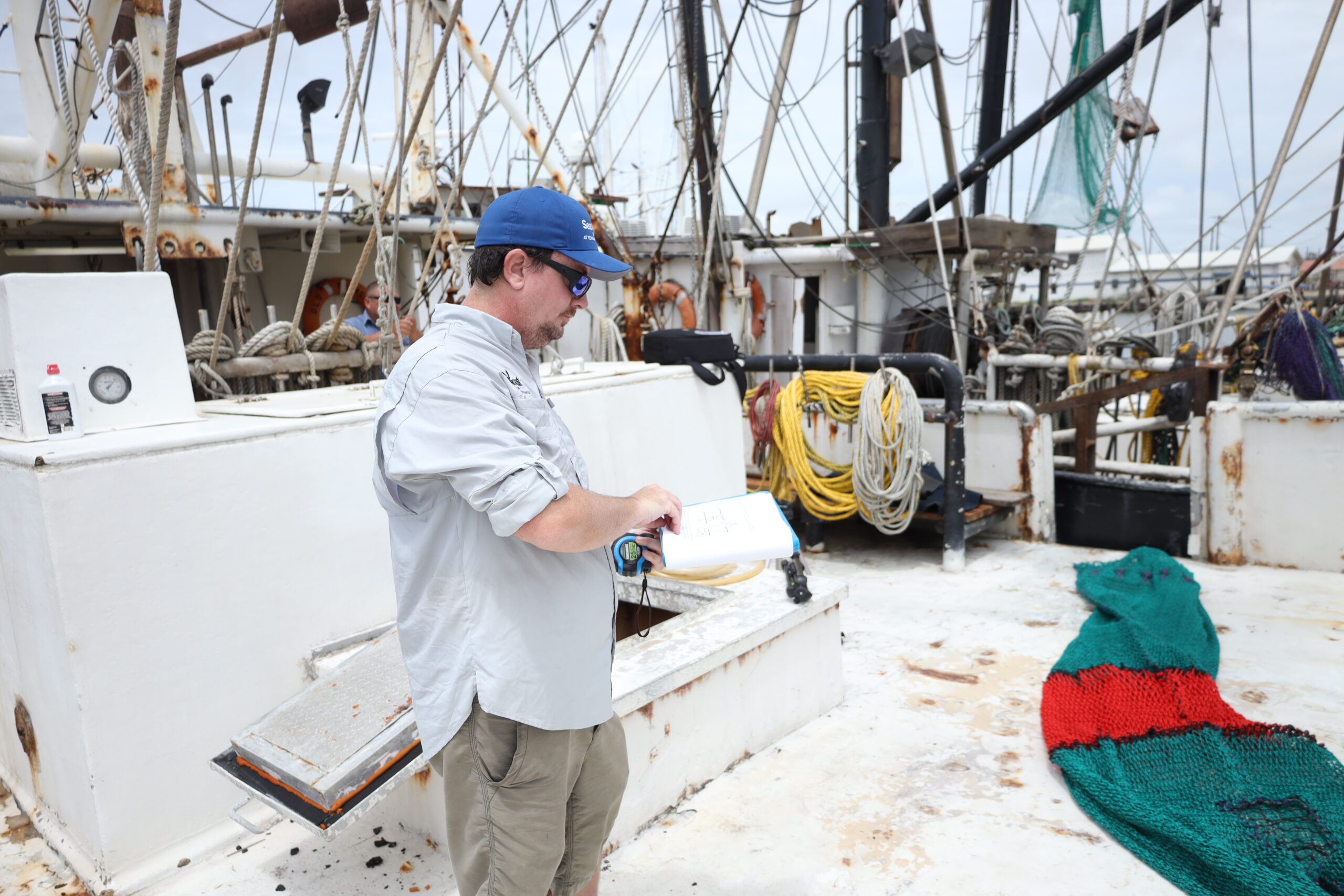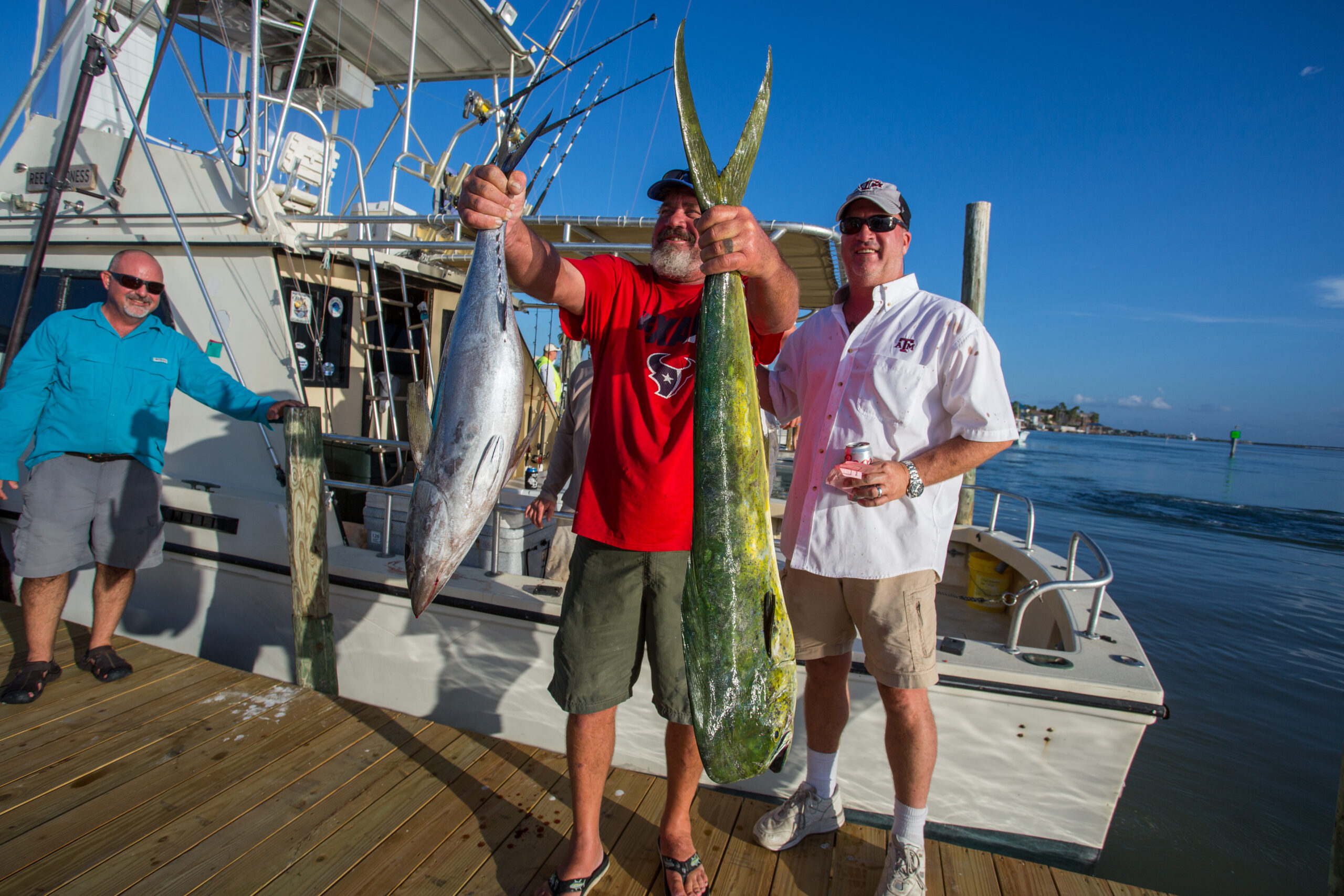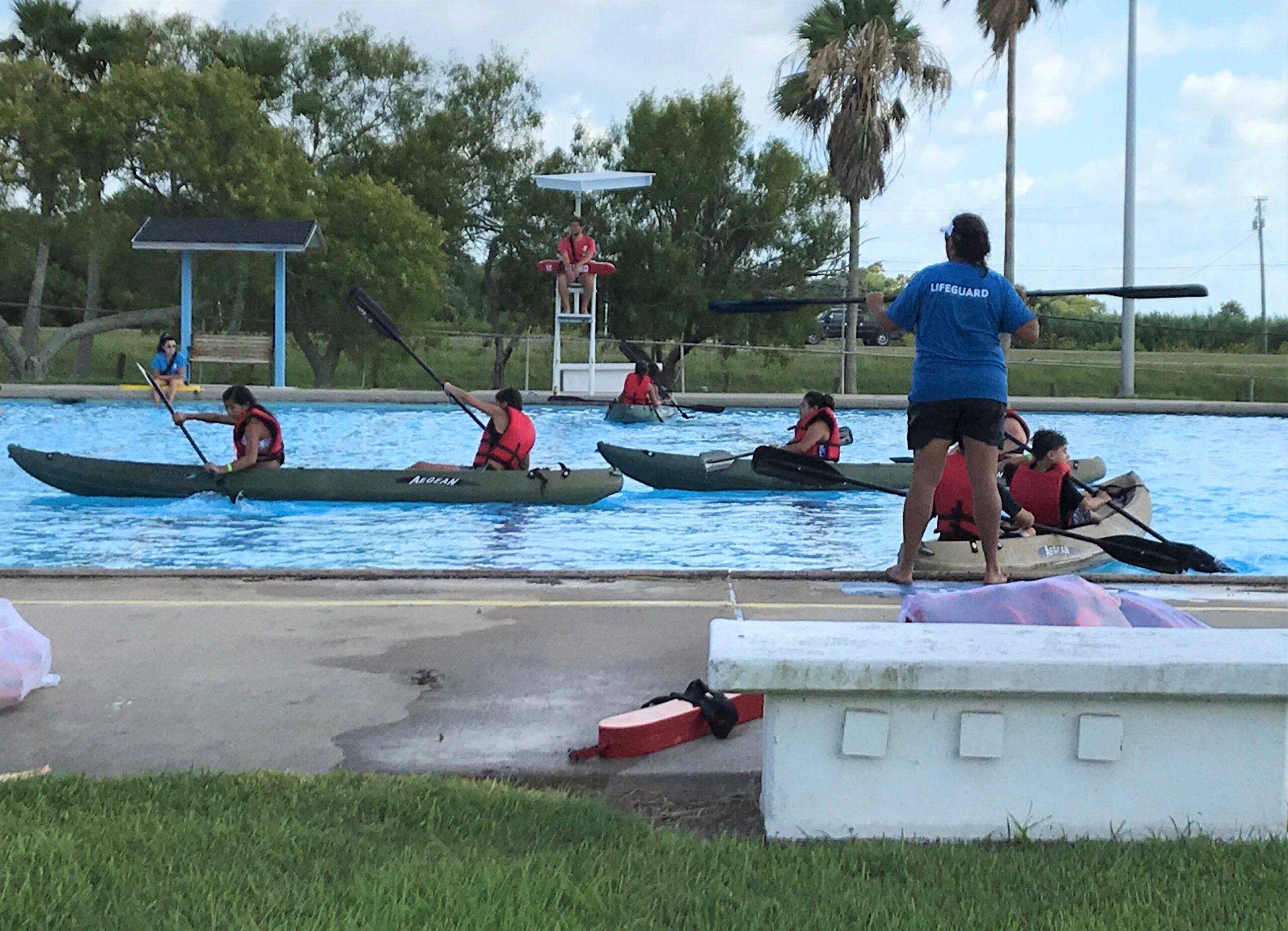
Environmental Literacy and Workforce Development
Texas Sea Grant is committed to preparing the next generation of scientists, professionals, and informed citizens who will tackle the environmental and economic challenges facing our coastal communities. Through targeted education and outreach, we are building both environmental literacy and a skilled workforce equipped to support resilient ecosystems and economies.
NOAA’s mandate to support science and engineering excellence directly informs our efforts to increase access to high-quality education in ocean and atmospheric sciences. Texas Sea Grant plays a vital role in this mission—working with schools, communities, and industries to deliver real-world, hands-on learning that translates into long-term impact.
An environmentally literate person understands the natural world, the interactions between human and ecological systems, and how to use scientific evidence to make informed decisions. At Texas Sea Grant, we cultivate this literacy through inclusive, community-driven programs across coastal Texas.
Some examples of these efforts include engaging high school students in hands-on innovation challenges focused on coastal issues, providing maritime career exploration camps, offering experiential wetland science programs, delivering safe boating education, and hosting professional development conferences on pesticide safety and environmental best practices. These programs help participants of all ages build scientific knowledge, develop practical skills, and become active stewards of their communities and coastal environments.
Through strong partnerships with schools, industries, and conservation organizations, Texas Sea Grant continues to expand access to education and workforce training from elementary students to adult professionals, meeting the needs of our growing and diverse coastal populations.
Programs
Camp Seaport is a five-day youth camp held at the International Seafarers’ Center, aimed at introducing students to the maritime industry and exploring related career and educational opportunities. Launched over a decade ago, the camp is a collaborative effort involving multiple partners, including the Port of Port Arthur. The Texas Sea Grant Agent contributes as an educator and assists in organizing the camp.
Camp Wild is a free, week-long day camp designed to engage 4th-grade students from limited-resource backgrounds in nature-based learning. Hosted by the Friends of Galveston Island State Park and Galveston Bay Area Master Naturalists, the program immerses students in 18 hands-on sessions over five days, introducing them to activities like fishing, kayaking, birding, seining, archery, and sea turtle education.
Experienced fishing guides along the Texas coast are often the first to notice changes in coastal ecosystems, yet their insights are rarely captured in formal data. To change this, a project launched in 2021 began with partnerships within the recreational fishing industry. What started with seven has grown to twelve fishing guide captains as of 2023. These twelve captains now report environmental changes across Texas bays, from Galveston to the Lower Laguna Madre.
Texas Sea Grant may receive special project funding mid-year through an omnibus amendment, allowing rapid response to emerging coastal challenges. This additional support helps expand efforts—like coastal resilience projects and student internships—without affecting ongoing work.
The Dolphin Challenge is a regional ocean science competition in Galveston that brings Texas high school teams together for a fast-paced quiz bowl. Focused on marine science and ocean literacy, the event inspires students to explore careers in marine and environmental fields, with winners advancing to the national NOSB.
Recreational fishing guides play a key role in the Texas coastal economy, providing access to coastal waters and delivering unique ecological and educational experiences. To support this growing sector, Texas Sea Grant conducted a needs assessment and created tailored resources and workshops focused on business best practices, safety, environmental stewardship, and fisheries engagement.
The Gulf Commercial Fisherman Program is a hands-on, week-long, training initiative designed to introduce the skills, knowledge, and professional connections needed for a participant to develop successful career in commercial fishing in the Gulf of America.
The Texas Academy for Marine Policy Webinar Series grants current graduate students an educational opportunity within the state of Texas to gain a better understanding of the role of science in local and federal government.
Texas Sea Grant and the Texas Master Naturalist Program are partnering to strengthen conservation and environmental education statewide. By supporting volunteers with training and resources, the collaboration boosts local outreach, habitat restoration, and stewardship efforts.
Cultivated oyster mariculture is a growing aquaculture industry in Texas, offering sustainable, year-round opportunities to farm eastern oysters. With strong market demand, it’s an ideal venture for coastal landowners and entrepreneurs. Texas Sea Grant provides expert support for starting and managing oyster farms along the coast.
Plan-It Marsh and Plan-It Dunes are student-driven habitat restoration projects along the Texas coast that build STEM skills while restoring marsh and dune ecosystems. By planting native vegetation, students help create resilient shorelines and lasting educational sites for coastal communities.
The Red Tide Rangers, a dedicated volunteer group formed and trained by Texas Sea Grant, monitor Texas coastal waters for the presence of harmful algal blooms (HABs), such as the red tide caused by the dinoflagellate Karenia brevis.
Drill Conductor courses are hands-on marine safety trainings accepted by the U.S. Coast Guard. Designed for captains and crew of commercial vessels, these courses cover survival equipment and emergency drill procedures—often including in-water practice sessions.
Texas’s oyster industry has struggled with harvest closures, impacting coastal communities. The Cultivated Oyster Mariculture Program offers a sustainable solution—training harvesters in oyster farming, supporting new businesses, and revitalizing the local seafood economy.
Texas Sea Grant offers hands-on support to the commercial shrimp industry, including free gear inspections (BRDs and TEDs) with NOAA, net shop outreach, gear construction guidance, and training for TPWD game wardens. We also help organize vital safety courses like Man Overboard and Drill Conductor Certification. Our work boosts compliance, enhances safety, and supports the sustainability of the fishery and the communities that depend on it.
Weighmasters play a critical role in sportfishing tournaments, ensuring accurate fish measurements and smooth weigh-in operations. With numerous tournaments across Texas, there’s a growing need for skilled, well-trained weighmasters throughout coastal communities.
The YMCA Environmental Summer Camp in Calhoun and Matagorda Counties offers meaningful, hands-on learning experiences that connect students with the natural world. Through outdoor, place-based activities, the program promotes environmental literacy and nurtures early interest in STEM fields, natural resources, and conservation.
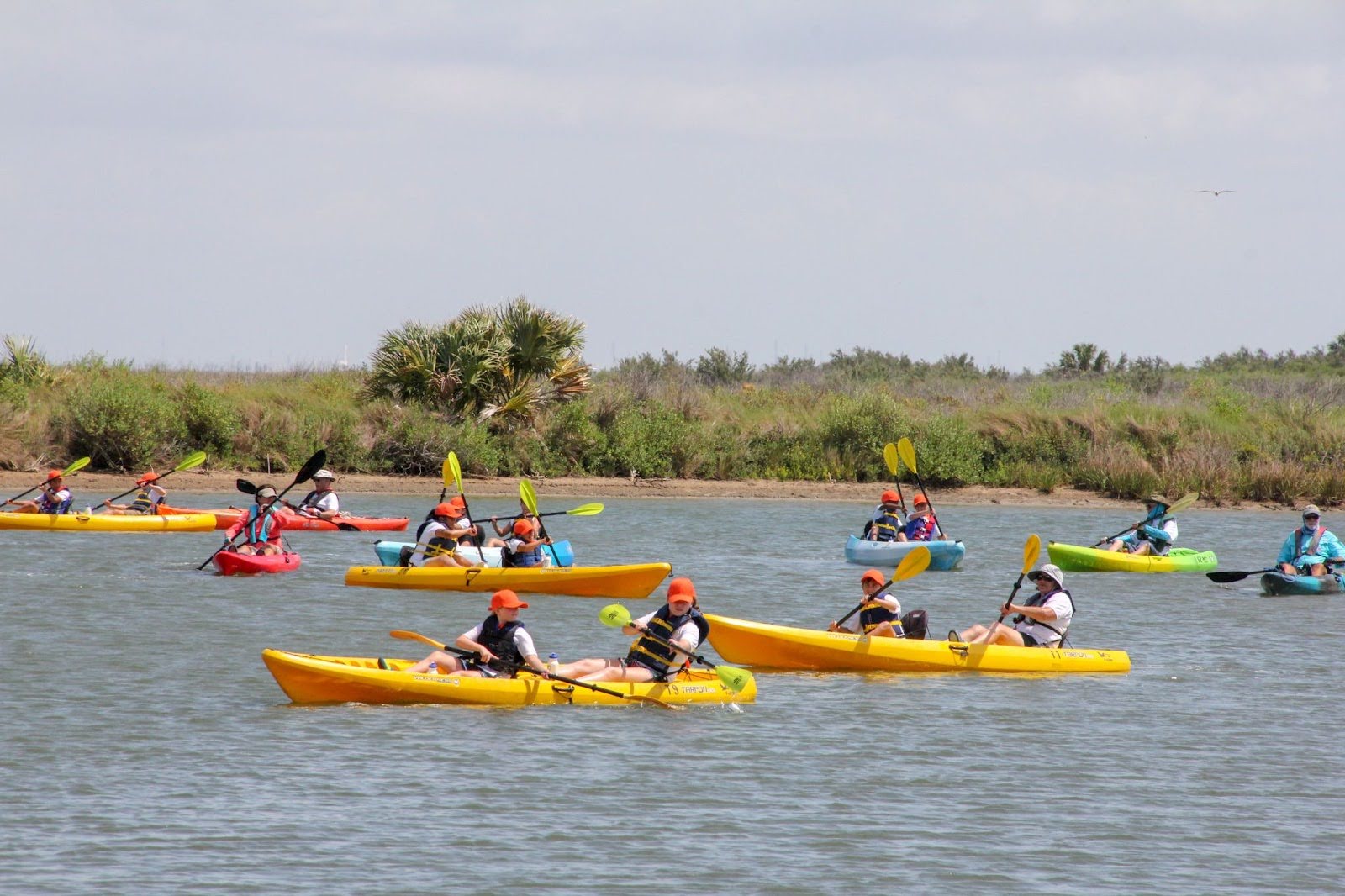
Programs in your region
Learn about the programs, events, and activities happening in your area to support healthy coastal ecosystems. Extension agents and specialists serve all coastal counties in Texas.
ELWD News
Contact
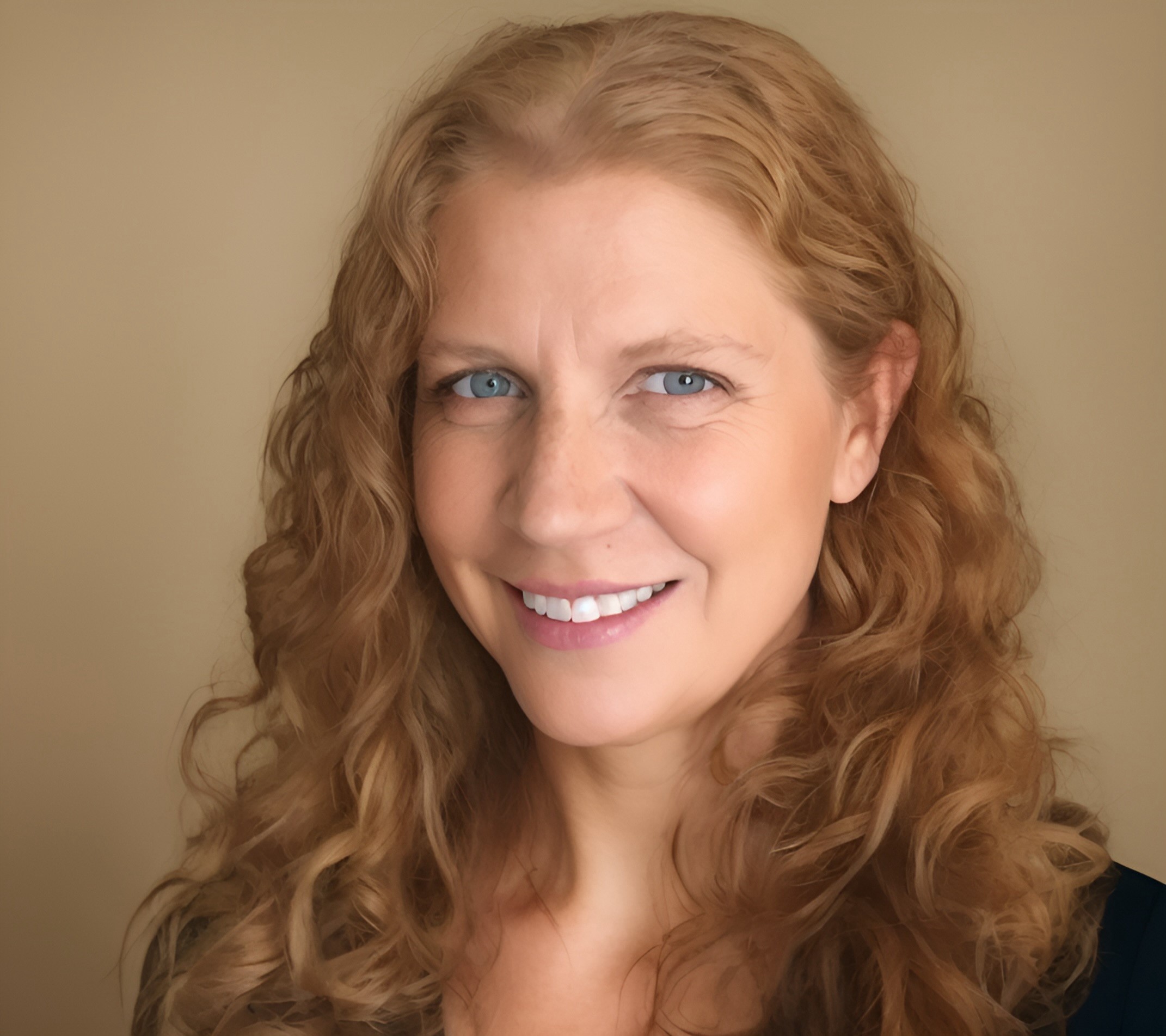
Laura Picariello
Director, Texas Sea Grant College Program- lpicariello@tamu.edu
- (979) 845-3902
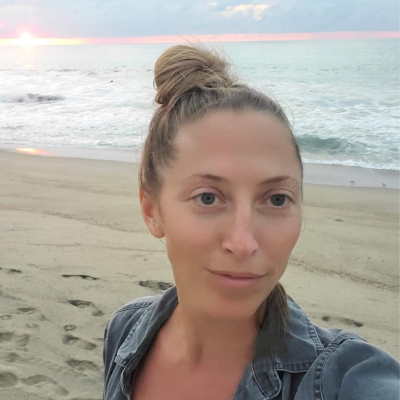
Christine (Chris) Hale
Director, Extension Corpus Christi, Texas- chris.hale@tamu.edu
- 361-825-6215
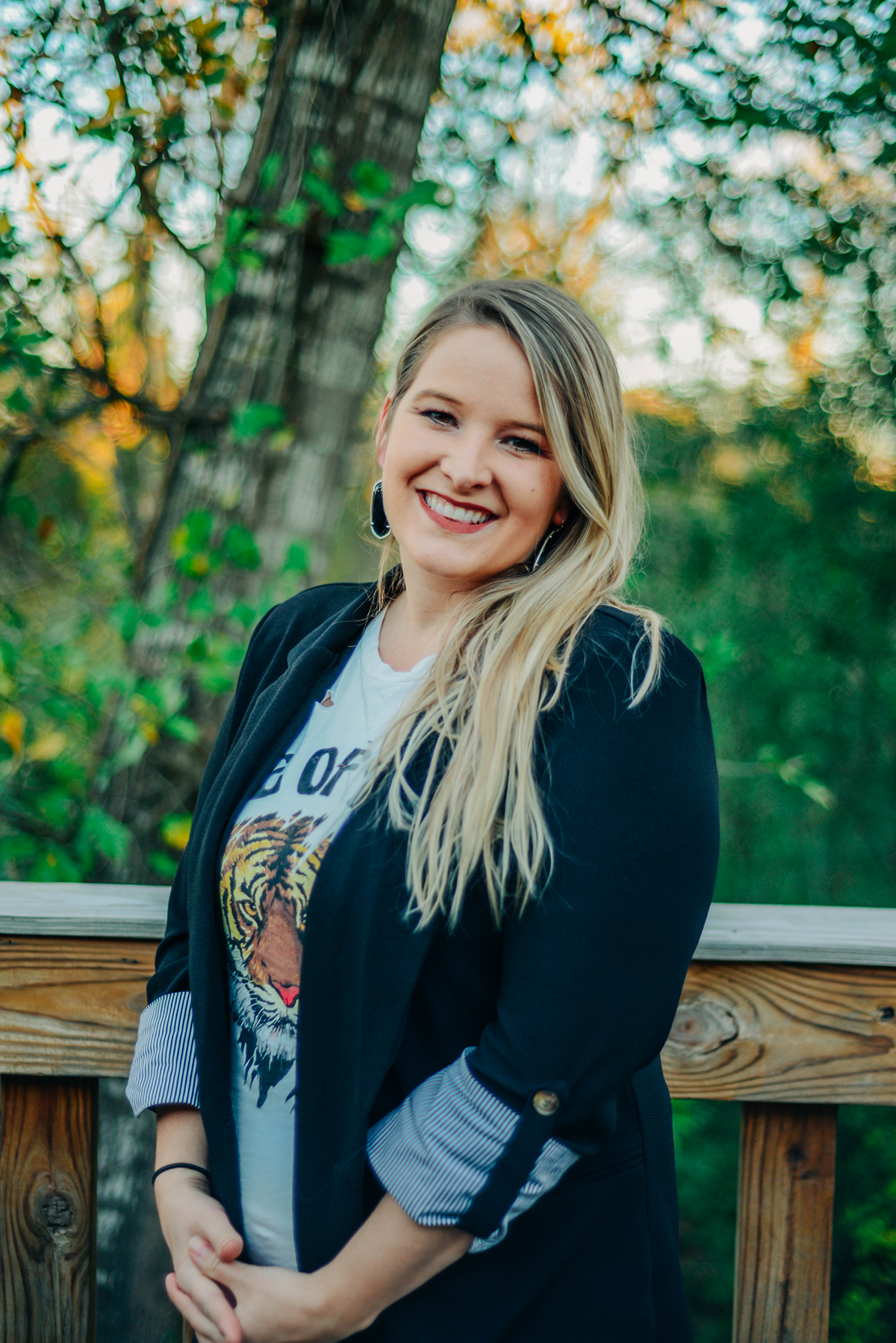
Megan Towery
Communications Director Texas Sea Grant Texas A&M University College Station, Texas- megantowery@tamu.edu
- (979) 845 -1245

